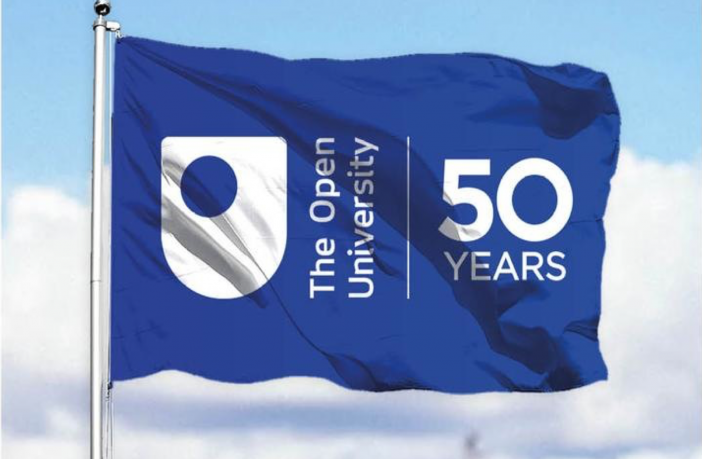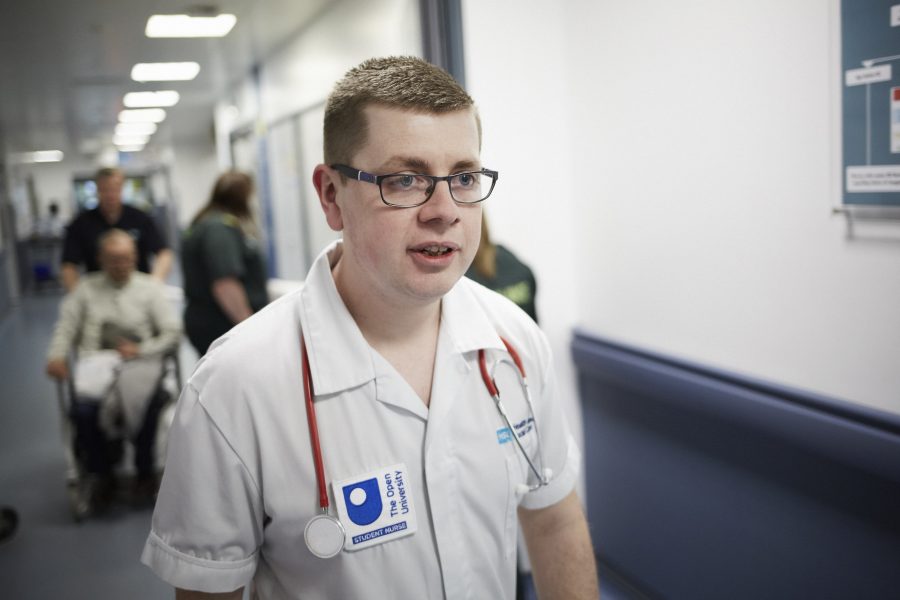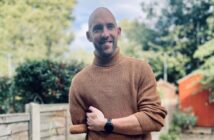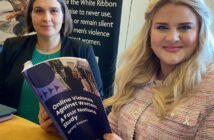As The Open University celebrates 50 years of pioneering innovation in education, its Vice-Chancellor reinforced that the OU is as relevant, radical and open today as ever.
The Open University was the UK’s first and only distance learning university, founded on April 23rd 1969. Today it is the largest UK university, with 174,000 students, and the only one to operate across all four nations. In the last 50 years a diverse community of 2 million students across 150 countries have come through its virtual doors, transforming lives across the world.
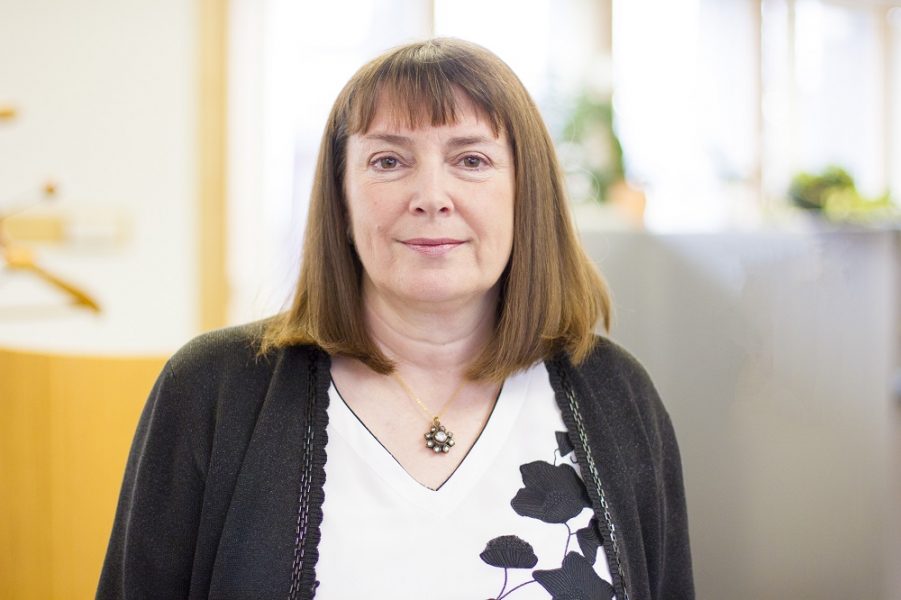
Professor Mary Kellett, Vice-Chancellor of The Open University said:
“Over the past fifty years, The Open University’s radical approach to opening up education for all has changed millions of lives, but our mission has stayed exactly the same: to be open to people, places, methods and ideas. With rapid changes to working patterns, new technologies and demographics, the need for the OU’s flexible approach to lifelong learning is greater than ever before. Like we have always been, we will continue to be open to all, whoever and wherever you are. If you need us, we are here to help you.”
The global reach of The Open University is unprecedented:
- Age is just a number: The average age of a new OU undergraduate-level student is 28 years old. Our oldest graduate on record was 93 years old and our youngest student was just 13.
- Serving the public: The Open University trains more health and social care staff in the UK than any other higher education provider and is one of the leading higher and degree apprenticeship providers in the UK, with a 98% employer satisfaction rating.
- Dressing room to boardroom: Premier League footballers, rugby stars, cricketers and Olympians study with The Open University. 78 FTSE 100 companies sponsored staff on OU modules in 2017/18.
- A force for good: The Open University has 2,000 active or former service personnel students. The OU’s Disabled Veterans’ Scholarships Fund – the first of its kind in the UK – allows disabled veterans to study for free with us, receiving wraparound specialist disability support and careers advice.
- From outer Space to Sub Saharan Africa: Developing the skills of 1.2 million teachers in remote corners of Africa and India has made a huge impact to the education of children in those regions on the OU’s TESSA (Teaching in Sub Sahara Africa) project. OU space scientists have been involved in breakthrough space missions such as Beagle 2, the Rosetta comet landing, and the discovery of water on Mars.
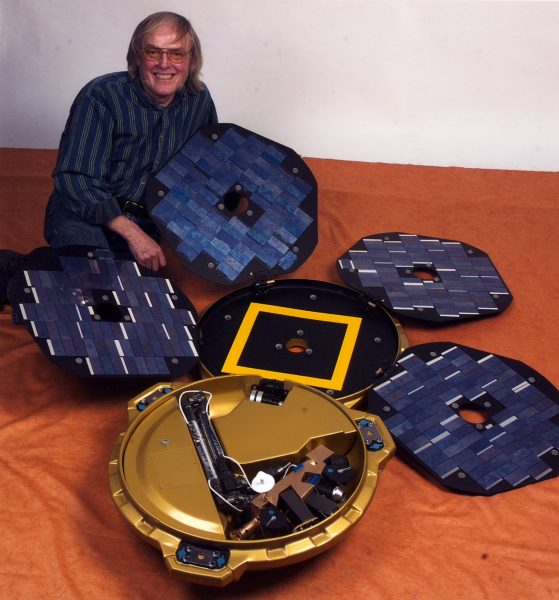
- New opportunities: The Open University is the only university to offer a degree pathway to all prisons and secure units in the UK. In our 50th year, over 1,700 prisoners are studying with us receiving personalised support and materials from the OU.

- Do your research: Our world leading research is helping stroke patients walk again and training dogs to sniff out cancer.
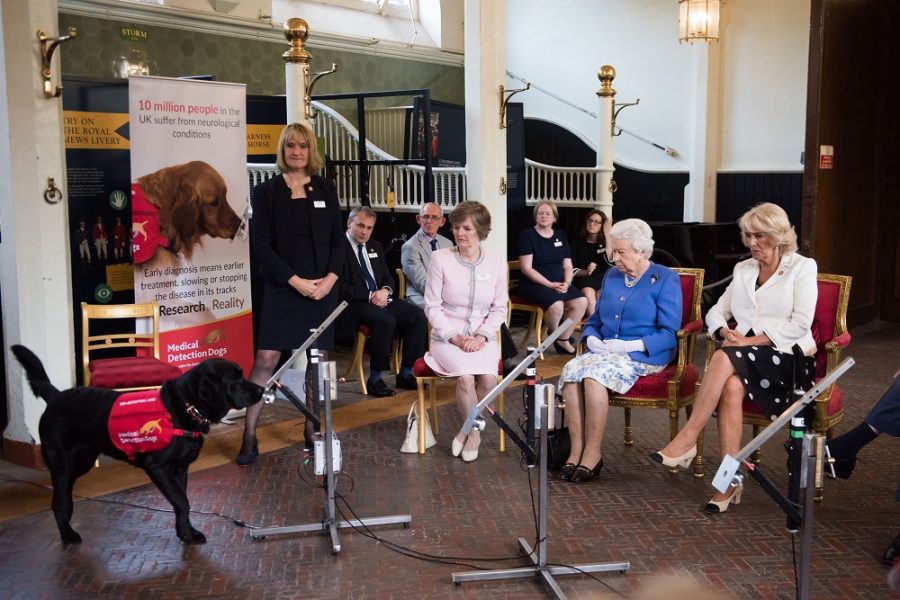
- Bringing the laboratory to you: The Open University is at the forefront of making laboratory facilities available to distance-learning students with the award-winning OpenSTEM Labs platform allowing students to remotely connect to the most up to date scientific equipment to enhance their studies.
- BBC partnership: The Open University has had a unique educational partnership with the BBC since 1971, collaborating on a range of content across TV, radio and digital channels and platforms. The partnership reaches more than 260 million people a year.
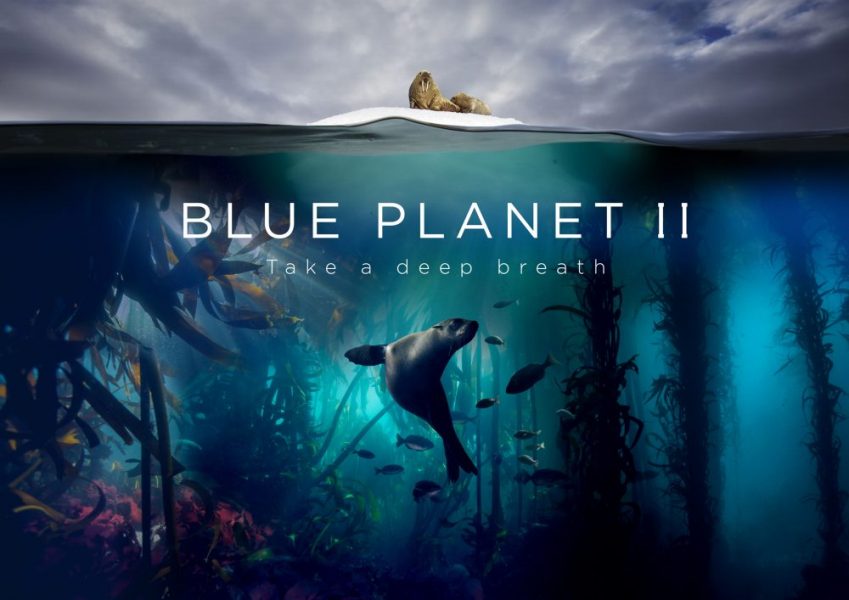
History of the OU
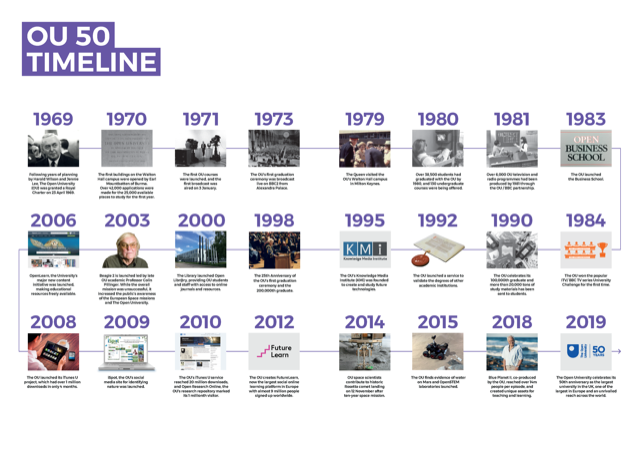
The 23rd April 1969 saw the birth of the UK’s first university that was dedicated to distance learning. However, the roots of The Open University go back much further. In 1926 the educationalist and historian J C Stobart wrote a memo on a ‘wireless university’, while working for the BBC. By the early sixties many different proposals were being debated such as a ‘teleuniversity’, which would combine broadcast lectures with correspondence texts and visits to conventional universities – a genuinely ‘multi-media’ concept.
It wasn’t until 1963 that the concept found a true believer in Harold Wilson. During a speech that year he stated, “today I want to outline new proposals on which we are working, a dynamic programme providing facilities for home study to university and higher standards.” The catalyst for this had been a visit as a guest lecturer at Chicago University where he spent some time looking at the ‘Chicago College of the Air.’
The then leader of the Labour Party created an ‘educational trust.’ The aim was to bring together many institutions and organisations to produce television and other educational material, rather than on an independent institution. However, when Labour won the election in 1964 Harold Wilson appointed Jennie Lee and asked her to take over the ‘University of the Air’ project, moving her to the Department of Education and Science (DES), where she was about to make history. This project met with serve hostility and scepticism but fifty years on The Open University has enabled over two million students to realise their potential through learning.
